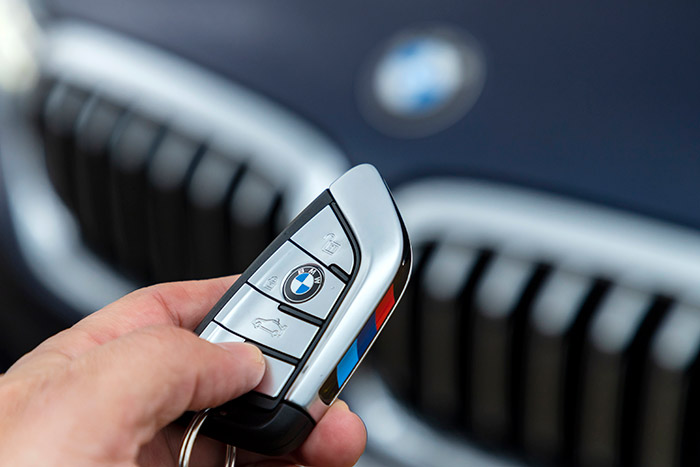
The Ultimate Guide to Car Keys
Car keys have evolved dramatically from the simple metal keys of the past to sophisticated electronic devices that enhance security and convenience. Whether you own a classic car with a traditional key, or a modern vehicle that uses keyless entry systems, understanding the various types of car keys and how they function is essential. In this article, we will cover everything you need to know about car keys, including their functions, types, common issues, and tips on maintaining them. For more information on specific car key services, you can refer to Car keys https://www.vancouverkeyrescue.com/car-keys/.
Types of Car Keys
Car keys can be categorized into several types, each with its unique functionalities and levels of security. Here are the most common types:
Traditional Keys
Traditional car keys are simple metal keys cut to fit a specific lock. They are straightforward and easy to use but offer limited security. As technology advances, many vehicles have phased out traditional keys in favor of more advanced options.
Transponder Keys
A transponder key includes a chip that communicates with the car’s engine control unit. Without the correct transponder key, the engine will not start. This type of key enhances security by preventing unauthorized access. If your transponder key is damaged or lost, it can be costly to replace as it requires reprogramming.
Remote Key Fobs
Remote key fobs allow you to unlock your car from a distance and often include additional functions, such as starting the engine remotely, opening the trunk, and activating the alarm system. These fobs typically require batteries, which need periodic replacing.
Smart Keys
Smart keys are part of a keyless entry system and allow for convenient features such as touchless entry and ignition. With a smart key, you can unlock your vehicle just by being in proximity. This convenience comes with the downside of potential security vulnerabilities, as smart keys can be hacked using relay attacks.
Valet Keys
Valet keys enable limited access to your vehicle. They are designed to allow valet attendants to park your car without giving them full access to the trunk or glove compartment. This can be particularly useful for maintaining privacy while still ensuring that your vehicle can be accessed when necessary.
Common Issues with Car Keys
Like any other component of a vehicle, car keys can encounter problems. Here are some of the most common issues car owners face:
Key Damage
Over time, car keys can wear down or get damaged. This may lead to difficulties in inserting the key into the ignition or lock. Bent, cracked, or worn keys may need to be replaced to ensure proper functioning.

Battery Issues with Key Fobs
Remote key fobs rely on batteries to operate. A dead battery will prevent the fob from working, meaning you may need to replace the battery periodically. If your key fob is not responding, ensure the battery is functioning before considering replacements.
Reprogramming Needs
Transponder keys and smart keys may require periodic reprogramming, especially if you change your vehicle’s locks or purchase a used car. This process often needs to be done by a certified locksmith or dealership, which can become expensive.
Lost Keys
Losing your car keys can be a frustrating experience. Depending on your car’s key type, replacing a lost key can vary widely in cost and complexity. Smart keys and transponder keys usually require a more complicated replacement process than traditional keys.
Tips for Maintaining Your Car Keys
Proper maintenance can extend the life of your car keys and prevent common issues. Here are some proactive tips to consider:
Keep Your Keys Dry
Moisture can damage electronic components in remote fobs and smart keys. Ensure that your keys are kept dry and avoid exposing them to water or extreme humidity.
Regularly Replace Key Fob Batteries
To avoid being stranded with a non-functioning key fob, be proactive about replacing the batteries. Regular checks can save you from the inconvenience of a dead fob.
Avoid Excessive Bending
Be careful when handling your keys to avoid bending or breaking them. Use a keychain to minimize the risk of damage.
Seek Professional Help for Key Replacement
If you need to replace your car key, especially if it’s a transponder or smart key, consult a professional locksmith or your dealership. They can ensure the key is programmed correctly and that it meets your vehicle’s specifications.
Conclusion
Understanding car keys and their functions is essential for every car owner. From recognizing the type of key you have to knowing how to maintain it, being informed can help prevent hassle and unintended expenses. Whether you require a simple key replacement or need troubleshooting help for a complex smart key system, taking a proactive approach can extend the life of your car keys and ensure convenience on the road.